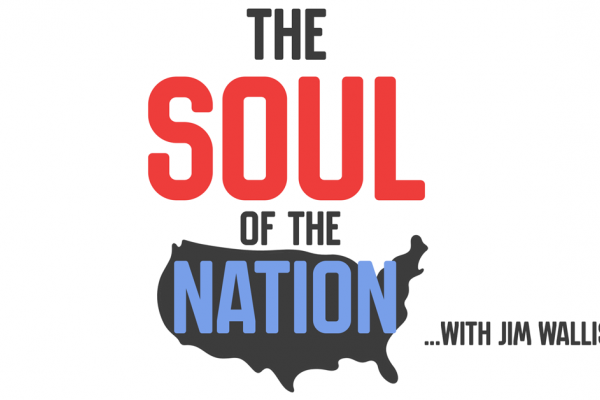Some theologians taught that eventually all evil human beings and even Satan himself would be restored to unity with God. Other teachers held that hell was an “intermediate state,” where some souls would be purified and others annihilated.
Maybe you, like me, have thought that a cup that runneth over is filled with dollars and wealth. But God does not, will not, has never anointed with money. God anoints with something completely different: power. Oh no, not the power to destroy. But the power to love into repair, into wholeness, into righteousness.
While we look out over creation, we must earnestly ask ourselves how we can participate in communion with the lands surrounding us if there is no clean water to drink, food to eat, or creation in which to delight.
About 50 evangelical Christian leaders gathered early this week to discuss the future of evangelicalism amid concerns their movement has become too closely associated with President Trump’s polarizing politics.
Many people of faith want to follow the imperatives of Scripture, to care for the poor and marginalized, to work against systems of oppression and to build up generosity, rather than wealth. And the needs of the world and of our neighbors are more urgent than ever.
“Fears about the technology might go viral, especially if they’re designed to go viral, but the more lasting effect might be the way this technology is adopted and adapted by creative, mission-driven people,” Silliman said.
The political, religious, and moral crisis in America is going to get worse before it gets better. If we are going to survive this crisis, respond to it, and put our faith into action to turn dangers into opportunities, we are going to have to be more deeply rooted — in our faith, in our relationships to each other, and in our solidarity with the most vulnerable.
“I am a sinner. This the most accurate definition. It is not a figure of speech, a literary genre. I am a sinner.”
Lawmakers from North and South Korea are reported to be negotiating the details of a joint statement that could outline an end to the 1950-1953 Korean conflict that ended in a truce, not a peace treaty.
The U.S. Supreme Court ruled on Tuesday that an immigration statute requiring the deportation of noncitizens who commit felonies is unlawfully vague in a decision that could limit the Trump administration's ability to step up the removal of immigrants with criminal records. The court, in a 5-4 ruling in which President Donald Trump's conservative appointee Neil Gorsuch joined the court's four liberal justices, sided with convicted California burglar James Garcia Dimaya, a legal immigrant from the Philippines.








